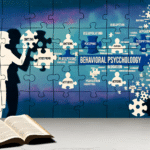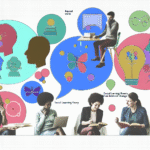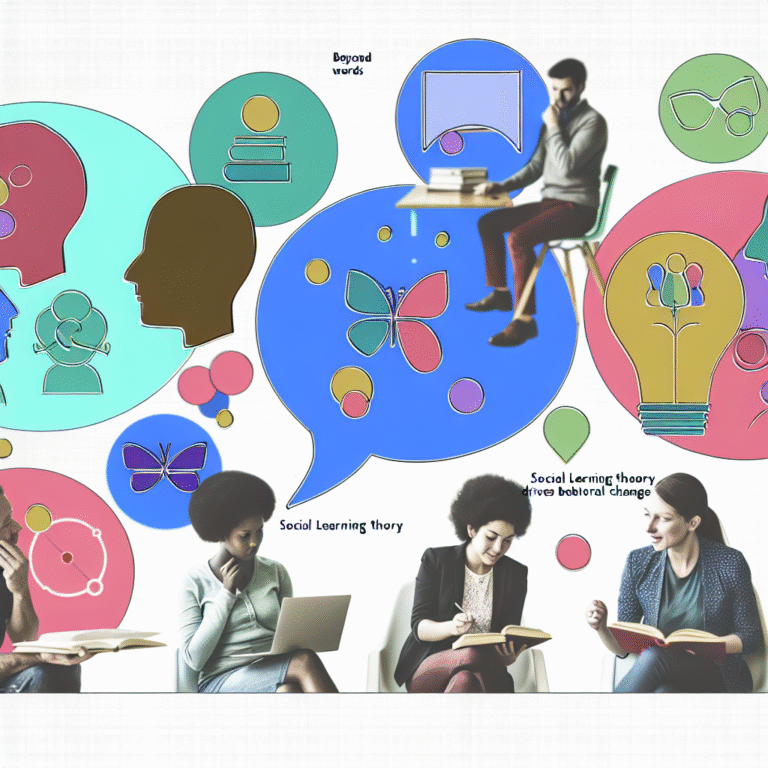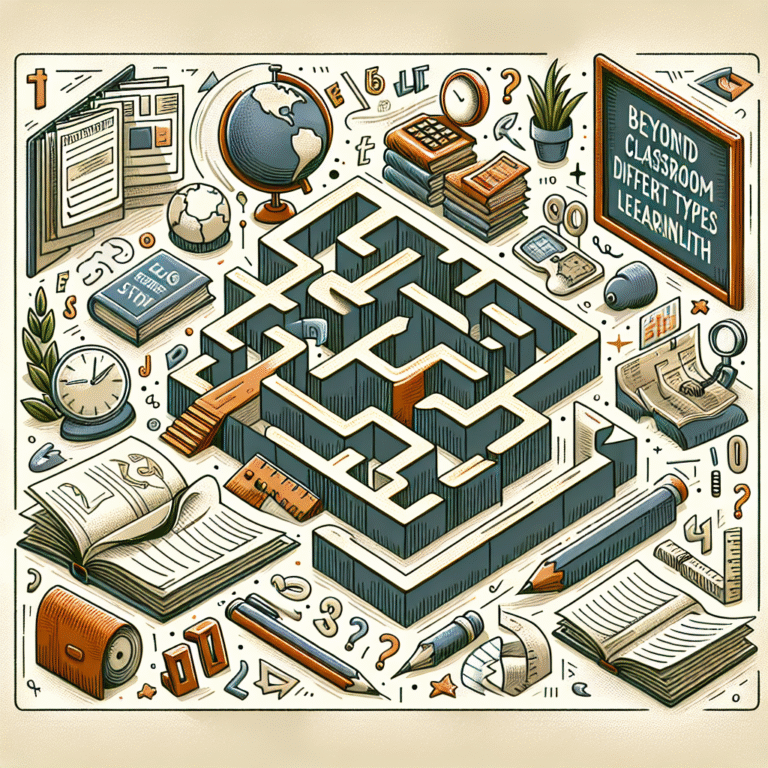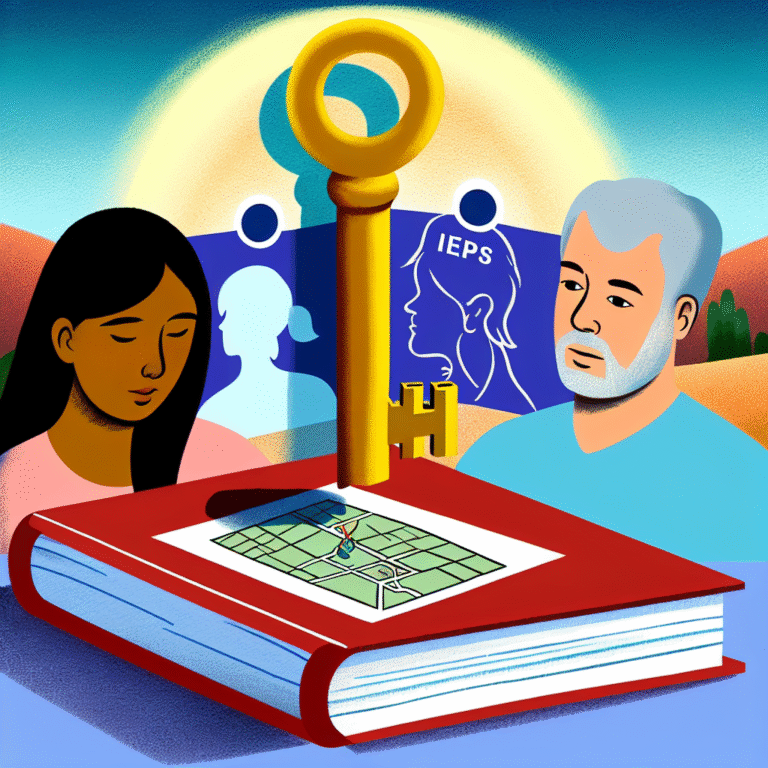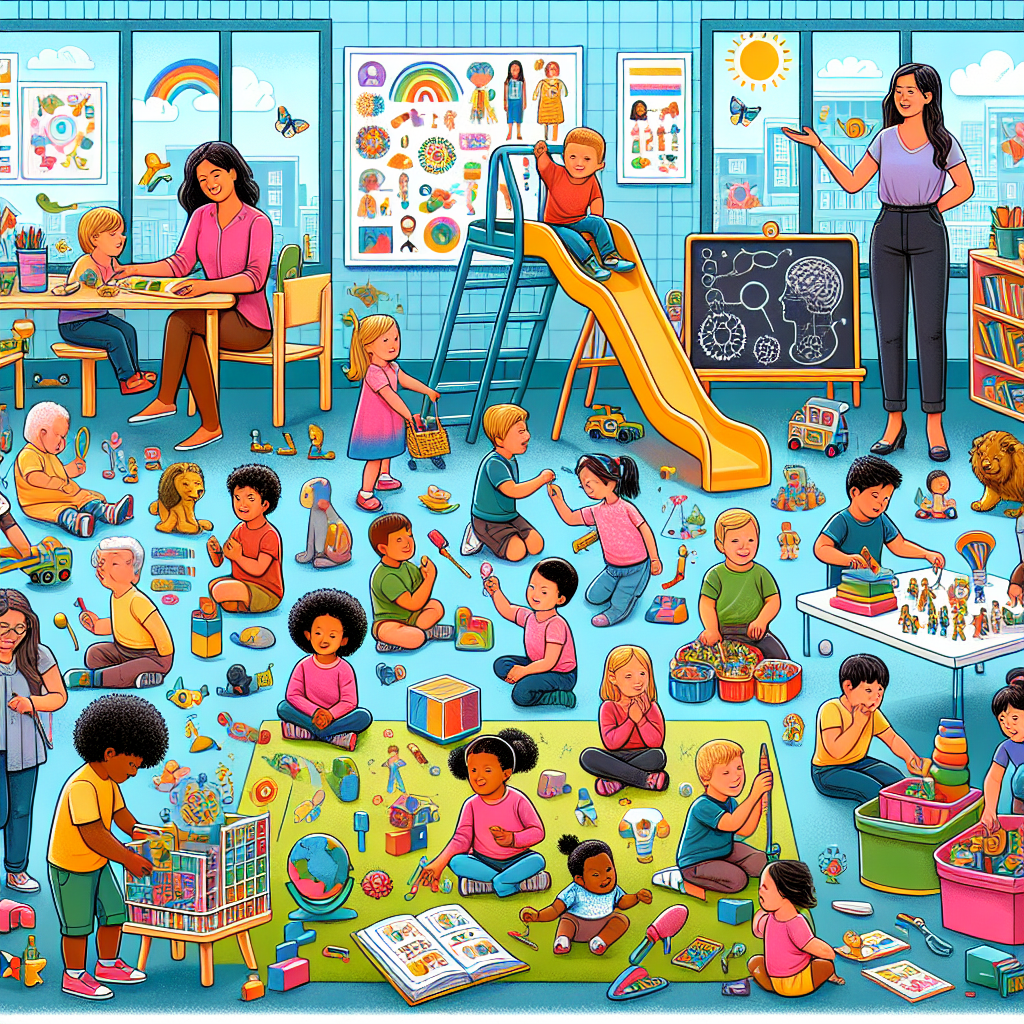
Nurturing Young Minds: Insights into Stages of Cognitive Development
Introduction
In an era where the speed of technological advancement is astonishing, understanding how children’s minds develop has never been more vital. Nurturing young minds isn’t just a catchy phrase; it’s a fundamental responsibility for parents, educators, and society at large. The cognitive stages of development can be intricate, but they lay the groundwork for a child’s future capabilities, emotional resilience, and understanding of the world around them. This article will provide essential insights into these stages, illustrating how we can create an environment for children’s cognitive growth that fosters curiosity and critical thinking.
The Importance of Cognitive Development
Before diving into the stages of cognitive development, it’s crucial to grasp its significance. Cognitive development involves the processes through which children think, learn, and understand their environment. These capabilities influence numerous aspects of life, including social interactions and emotional intelligence.
To effectively nurture young minds, we need to equip ourselves with knowledge of how these cognitive stages progress. This understanding is the first step in fostering an atmosphere that supports growth and development.
The Stages of Cognitive Development
1. Sensorimotor Stage (0-2 years)
Overview
During the sensorimotor stage, children experience the world through their senses and actions. This stage is crucial for cultivating foundational cognitive abilities.
Key Characteristics
- Exploration through touch, sight, and sound.
- Development of object permanence (understanding that objects exist even when not in sight).
- Use of simple reflexes and actions to interact with the environment.
Case Study: Baby Einstein Programs
One exemplary initiative in nurturing young minds during this stage is the Baby Einstein program, which integrates music and visuals to stimulate cognitive development. Research has shown that while some infants display increased attention spans, the programs help reinforce the understanding of their environment, especially concerning cause and effect.
Analysis
These programs illustrate the effectiveness of engaging sensory experiences. They actively involve children, enhancing their understanding of their surroundings, which is paramount for nurturing young minds.
2. Preoperational Stage (2-7 years)
Overview
Children in the preoperational stage begin to use language and engage in symbolic play. This stage is marked by egocentrism, where children perceive the world primarily from their own perspective.
Key Characteristics
- Symbolic thinking.
- Intuitive reasoning rather than logical reasoning.
- Limited understanding of the viewpoints of others.
Case Study: Role-Playing in Early Education
A widely adopted approach in preschools is the incorporation of role-playing activities. Case studies, such as a local preschool’s themed learning days, demonstrate how engaging in imaginative play allows children to explore diverse scenarios and perspectives.
Analysis
These activities encourage social skills, emotional regulation, and cognitive flexibility. They play a pivotal role in nurturing young minds by enhancing creativity and enhancing empathetic understanding.
3. Concrete Operational Stage (7-11 years)
Overview
In the concrete operational stage, children start to think logically about concrete events. They gain a better understanding of the concept of conservation—understanding that quantity doesn’t change despite changes in shape or arrangement.
Key Characteristics
- Logical thinking about concrete objects and events.
- Ability to classify and categorize.
- Understanding of time, space, and quantity.
Case Study: STEM Education in Elementary Schools
A notable case study involves a series of hands-on science experiments conducted at elementary schools to promote STEM (Science, Technology, Engineering, Mathematics) education. Students learned about gravity by conducting experiments with various objects, enhancing their understanding of physical properties.
| Experiment | Description | Learning Outcome |
|---|---|---|
| Gravity Drop | Dropping different objects from a height | Understanding of weight and gravity |
| Water Displacement | Exploring how objects displace water | Knowledge of buoyancy principles |
Analysis
These hands-on experiences solidify a child’s understanding of complex concepts through application. Effective methods in nurturing young minds encourage active participation, enhancing cognitive absorption.
4. Formal Operational Stage (12 years and up)
Overview
The formal operational stage is characterized by the ability to think abstractly, reason systematically, and plan for the future. Teenagers begin to understand hypothetical situations and consequences.
Key Characteristics
- Development of abstract reasoning.
- Problem-solving skills.
- Ability to utilize deductive reasoning.
Case Study: Debate Clubs in High Schools
High schools across the nation have witnessed how debate clubs enhance cognitive skills. A study by the National Speech and Debate Association found that students involved in debate demonstrated higher levels of critical thinking and improved academic performance.
Analysis
Debate clubs not only encourage students to think critically but also allow them to confront varied perspectives, ultimately aiding in their cognitive development. Such programs are indispensable for nurturing young minds, preparing them for future challenges.
Strategies for Nurturing Young Minds at Each Stage
Creating Engaging Learning Environments
- Sensorimotor: Provide varied sensory experiences through engaging toys and interactive activities.
- Preoperational: Foster an imaginative space where children can role-play and engage in storytelling.
- Concrete Operational: Offer opportunities for hands-on learning, like science experiments and arts and crafts.
- Formal Operational: Encourage critical thinking via debates, discussions, and projects that require in-depth analysis and creative problem-solving.
The Role of Caregivers and Educators
Educators and caregivers play pivotal roles in nurturing young minds. Training programs for teachers that focus on developmentally appropriate practices can enhance their effectiveness in supporting a child’s cognitive growth.
Parental Involvement
Parents are often the first educators in a child’s life. Simple activities like reading together, playing educational games, and discussing daily experiences can significantly impact cognitive development.
Conclusion
In the quest to nurture young minds, understanding the stages of cognitive development is not just an abstract theory but a practical guide for enriching children’s lives and preparing them for a bright future. From infancy through adolescence, different approaches based on cognitive stages can create a nurturing environment where children can thrive. Whether you’re an educator, parent, or guardian, the insights provided in this article will empower you to make informed decisions that promote cognitive growth in young minds.
FAQs
1. What can I do to promote cognitive development during the sensorimotor stage?
Engaging your child with sensory-rich experiences, such as interactive toys, music, and visual stimulation, is crucial. Activities like playing with blocks or textured materials are beneficial.
2. How can I encourage creative thinking in preoperational children?
Encourage imaginative play with dress-up costumes, art supplies, and storytelling sessions. Asking open-ended questions will also foster creativity and independent thinking.
3. What activities support logical thinking in concrete operational children?
Introduce board games, puzzles, and hands-on science experiments to reinforce logical reasoning and problem-solving skills. Group activities can also promote collaborative learning.
4. How can parents facilitate abstract thinking in teenagers?
Encourage discussions about hypothetical scenarios and current events. Activities like writing essays or participating in debates can significantly enhance their critical thinking skills.
5. Why is cognitive development important for future success?
A solid foundation in cognitive skills directly impacts a child’s ability to learn, interact socially, and solve problems. It equips them to face complex real-world scenarios with confidence and adaptability.
By focusing on nurturing young minds, we can lay the groundwork for future generations, helping them navigate life’s challenges, rise to opportunities, and contribute meaningfully to society. Let’s champion this cause, ensuring that every child has the chance to unlock their full potential through understanding and engagement with the world around them.
